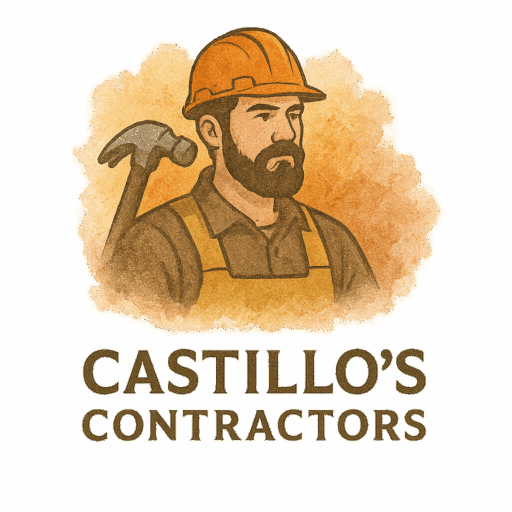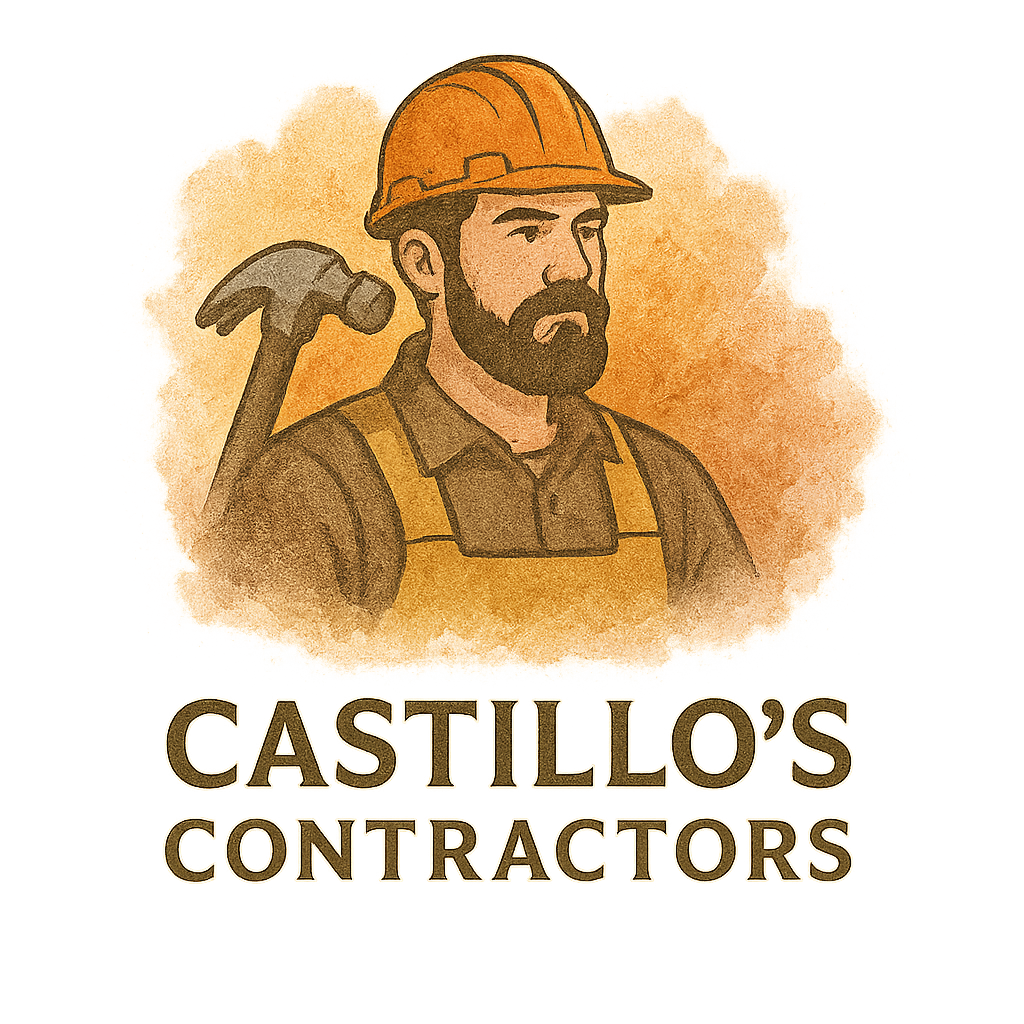Let’s be honest—hiring the wrong contractor can turn your dream home renovation into a nightmare. While most contractors are hardworking professionals, there are a few out there who can cause major headaches. So, how do you spot them before it’s too late? In this article, we’ll walk you through five major red flags to avoid when hiring residential contractors, and how to make sure your home project runs smoothly from start to finish.
Why Choosing the Right Residential Contractor Matters
Your home isn’t just where you live—it’s your sanctuary, your investment, and your future. When you’re making changes to it, whether big or small, you need someone you can trust. Hiring the right residential contractors means fewer delays, better quality work, and less stress.
But one bad choice? That can cost you thousands of dollars and months of frustration.
Red Flag #1: Lack of Licensing and Insurance
What This Means for Your Project
Would you trust a doctor without a license? Then why trust a contractor without one? If your contractor isn’t licensed or insured, you’re opening yourself up to legal risks, subpar workmanship, and zero protection if something goes wrong.
How to Check for Valid Credentials
Always ask for their license number and insurance policy. Then verify it with your local licensing board. A trustworthy contractor, like those at Castillo’s Contractors, will proudly provide their credentials.
👉 Related resource: Hiring Management Tips
Red Flag #2: Poor Communication Habits
Signs You’re Not Being Heard
Does your contractor dodge your calls or ignore your texts? Do they avoid giving clear answers? That’s a problem. A contractor who can’t communicate well will likely struggle to manage your project effectively.
The Dangers of Communication Breakdowns
Misunderstandings lead to costly mistakes. If your contractor can’t keep you updated, you might find yourself out of the loop—and out of patience.
👉 Dive deeper into contractor tips for smoother communication.
Red Flag #3: No Portfolio or References
Why Past Work Matters
Would you hire a wedding photographer who doesn’t show you any photos? Same logic applies here. A solid contractor should have a portfolio and happy clients willing to vouch for their work.
How to Vet a Contractor’s Experience
Ask for photos of completed projects and a list of references. Then follow up! Reputable professionals like the team at Castillo’s Contractors will gladly share these.
👉 Check more about their remodeling and renovation projects.

Red Flag #4: Vague or Missing Contracts
Clear Contracts Protect Everyone
If your contractor tells you “don’t worry, we’ll work it out later,” worry. A vague or non-existent contract leaves too much room for disputes.
Red Flags Hidden in the Fine Print
Look for unclear timelines, missing material lists, or lack of payment structure. These are all signs you might be dealing with a shady operator.
👉 Avoid these issues with guidance from construction tips by experts.
Red Flag #5: Unusual Payment Requests
Why Upfront Payments Can Be Risky
Be cautious if they ask for a large chunk of the payment upfront. While deposits are standard, excessive demands before work begins could indicate cash flow issues—or worse, a scam.
The Smart Way to Structure Payments
Break payments into milestones—initial deposit, mid-point, and final payment upon completion. This ensures the contractor has an incentive to complete the job to your standards.
👉 Learn more from expert contractors.
How to Spot These Red Flags Early
Questions You Should Always Ask
- Are you licensed and insured?
- Can I see your past work?
- What’s the timeline?
- Who’s my point of contact?
- What’s the payment schedule?
These are just a few questions that reveal a lot about your contractor’s professionalism.
Reading Between the Lines
Trust your instincts. If something feels off during your first meeting, it probably is. A reliable contractor welcomes your questions and is transparent about the process.
What Makes a Reliable Residential Contractor?
Traits to Look For
- Timely communication
- Detailed estimates
- Solid reviews
- Licensed and insured
- Willing to put everything in writing
A good contractor doesn’t just build things—they build trust.
Working with Local Professionals
Hiring someone local like Castillo’s Contractors ensures quicker response times, better accountability, and a stronger reputation in your community.
👉 Explore more contractor value here.
Why Homeowners Trust Castillo’s Contractors
A Legacy of Excellence
With years of experience in both residential and commercial projects, Castillo’s Contractors has earned a reputation for quality craftsmanship and trustworthy service.
Transparent Practices That Build Trust
Their contracts are clear, their team is communicative, and their reviews speak for themselves. You won’t find hidden fees or vague expectations here.
👉 Get more insights from their blog on hiring contractors.
Tips for a Smooth Renovation Project
Planning Ahead is Everything
Map out your goals, budget, and timeline before you contact contractors. Preparation makes for a more productive first meeting.
Communication is Your Superpower
Set expectations early, and keep the conversation flowing. Your input matters just as much as their tools and talent.
👉 Learn more from project planning tips.
Conclusion: Trust Your Gut and Do Your Homework
Hiring a residential contractor is a big decision—one that impacts your home, finances, and peace of mind. By watching out for these five red flags, asking the right questions, and sticking with trusted professionals like Castillo’s Contractors, you’ll be in a much better position to turn your dream project into reality.
FAQs
1. What should be included in a residential contractor agreement?
A clear contract should list the scope of work, timeline, payment schedule, materials, and warranty info.
2. How much should I pay a contractor upfront?
Typically, 10-20% upfront is reasonable. Be wary of anyone asking for more before work begins.
3. Can I fire a contractor if they aren’t meeting expectations?
Yes, but do it legally. Document issues and refer to your contract terms before terminating.
4. Are licensed contractors more expensive?
Not always. While they may charge more, the value and peace of mind are worth it.
5. How do I verify a contractor’s license?
Contact your state or local licensing board. Many have online search tools.
6. What’s the difference between residential and commercial contractors?
Residential contractors focus on homes, while commercial contractors handle businesses and large buildings.
7. Where can I find more advice on hiring the right contractor?
Check out these expert resources from Castillo’s blog:


